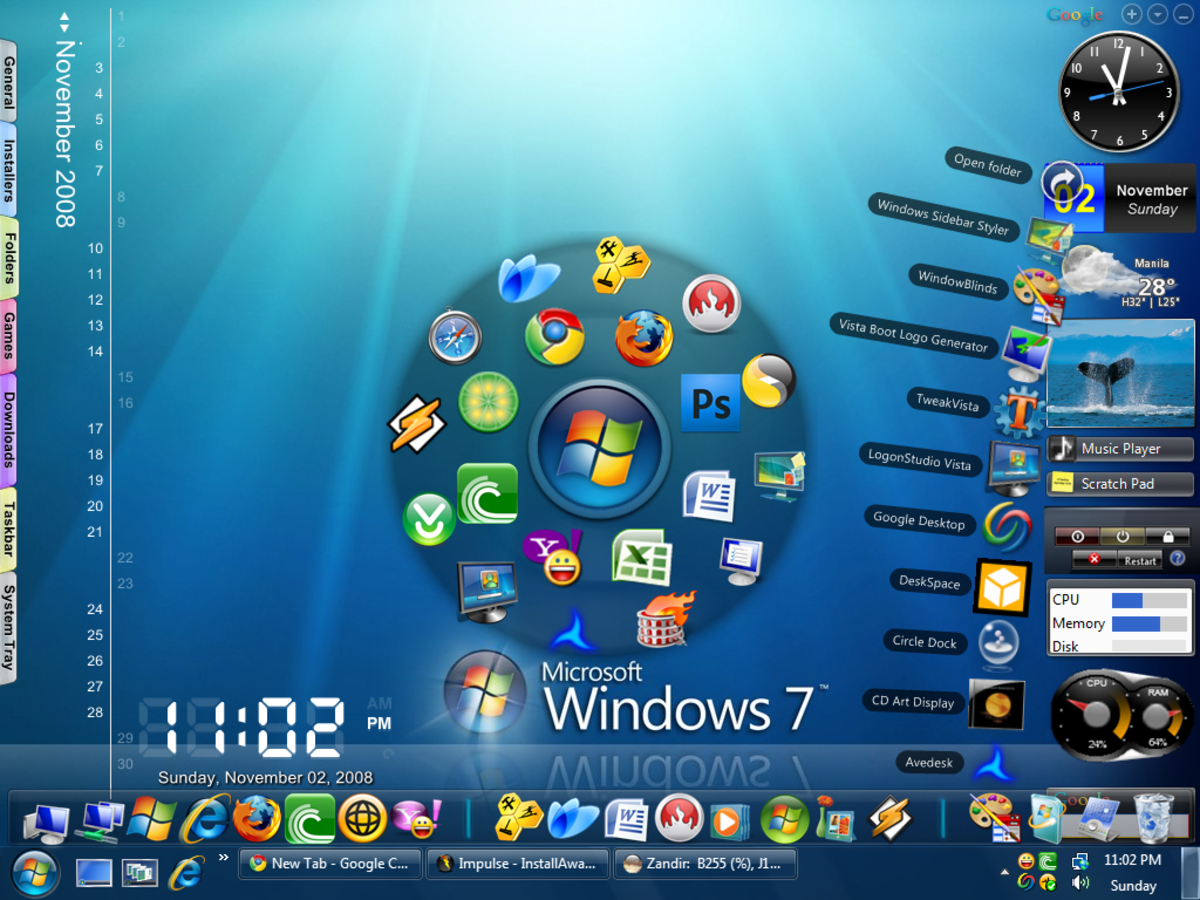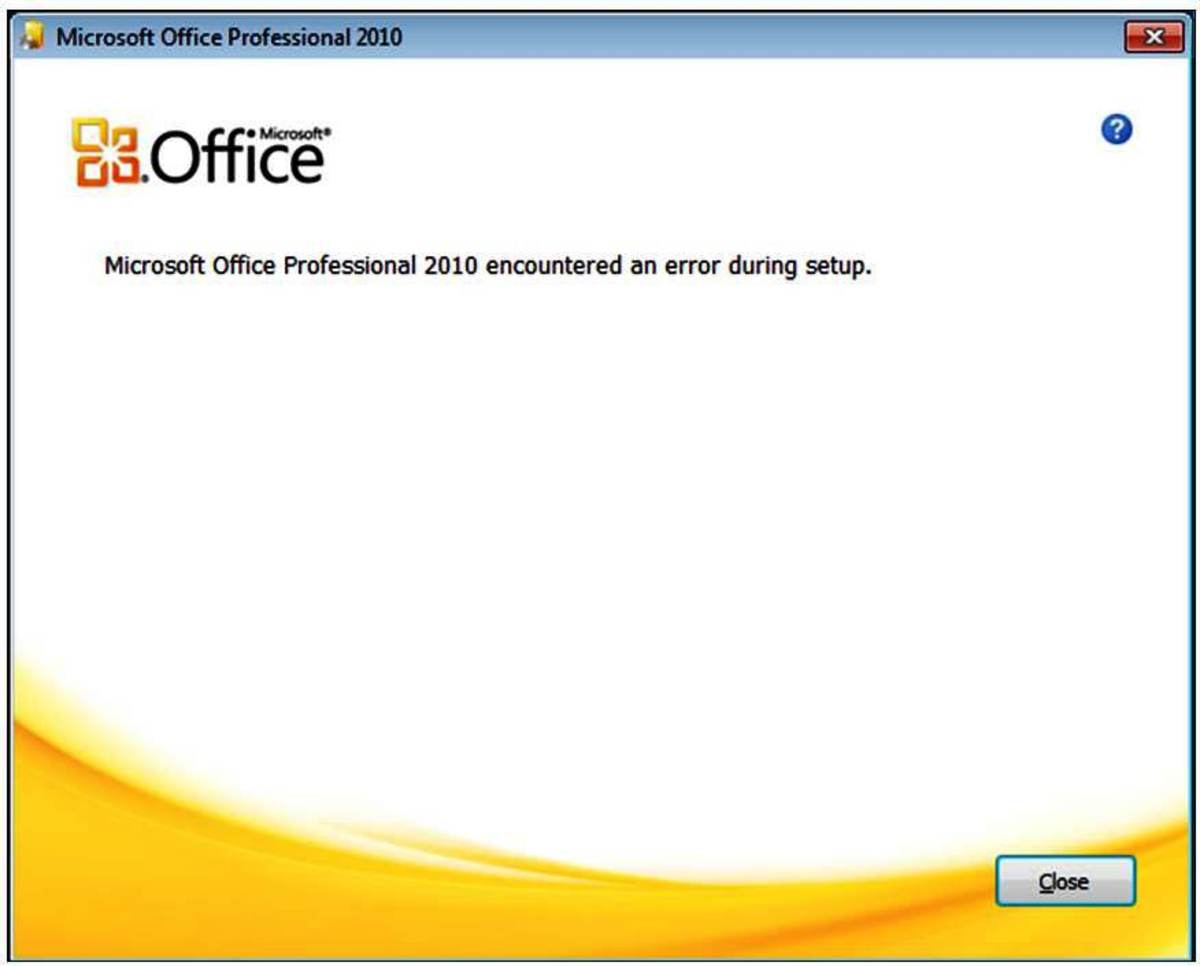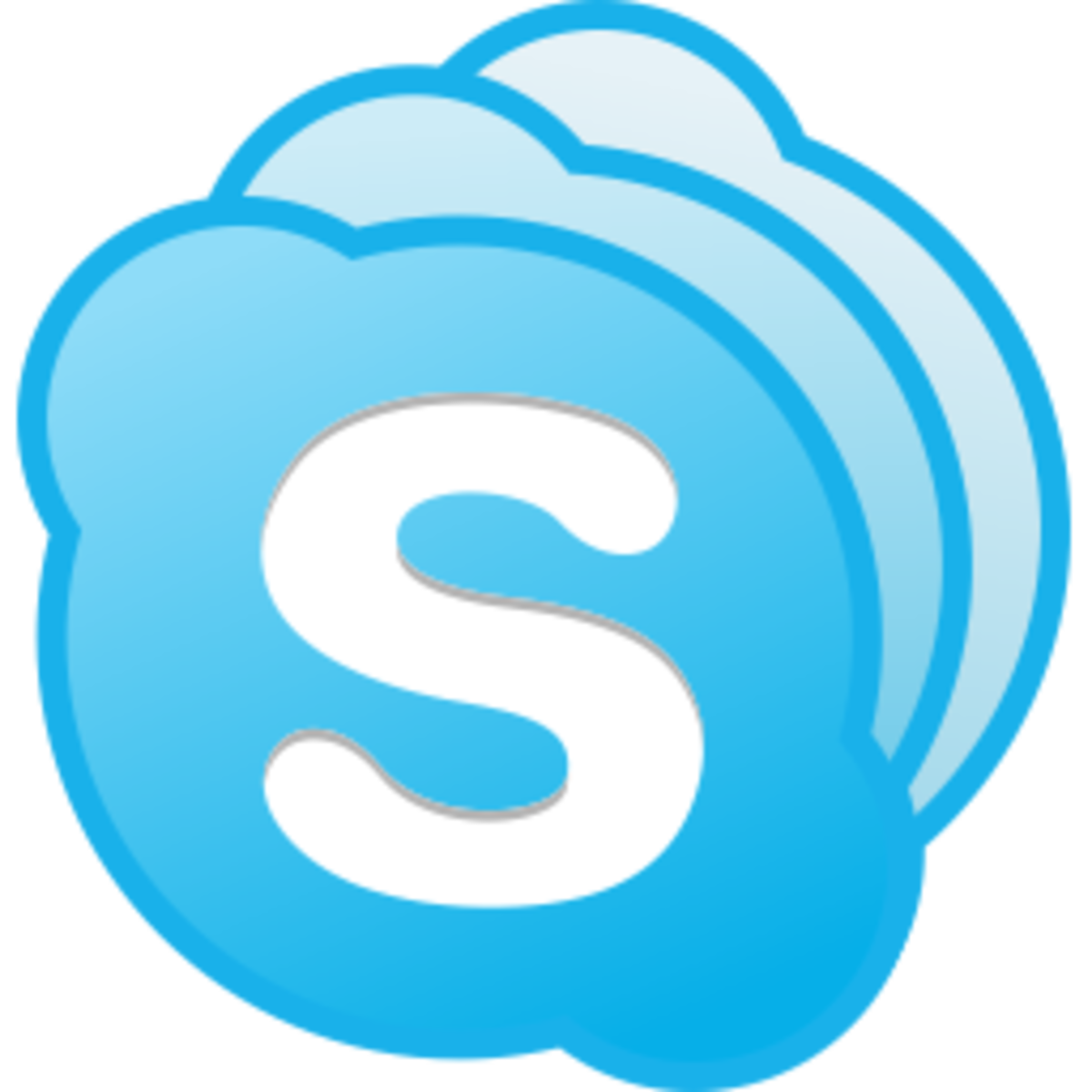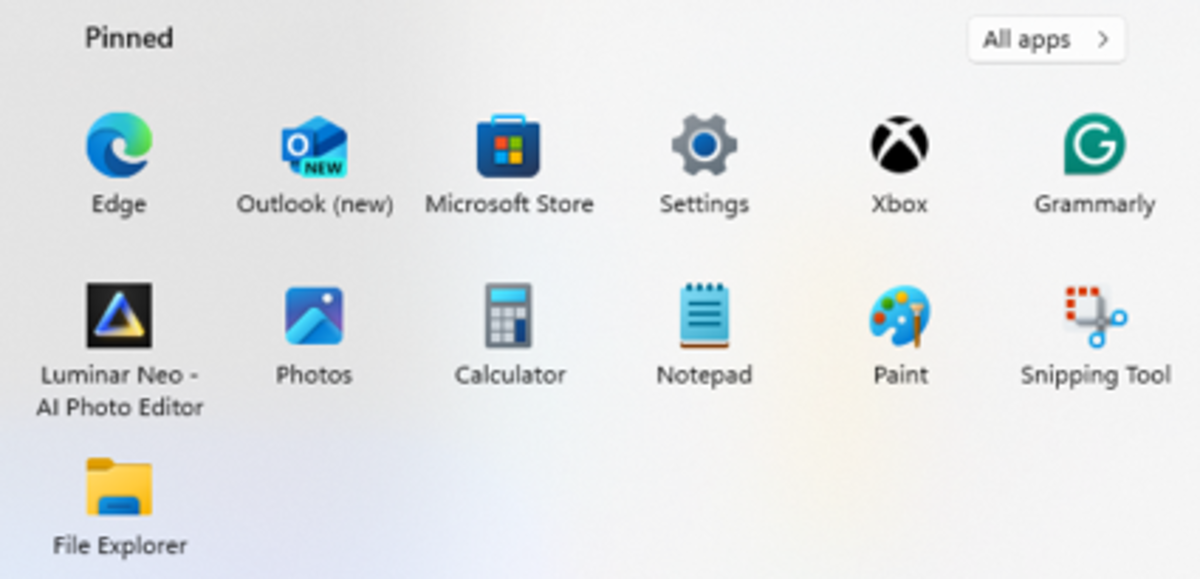- HubPages»
- Technology»
- Computers & Software»
- Operating Systems
"Windows 7" Explanation: The Real Secrets of Microsoft to Use This Name
Microsoft just have been released Windows 7 in public. Yet most people pretty much confusion about the name of Widows 7. People are thinking and talking that why Microsoft use the name Windows 7? Do you know the reason behind this? This page tells you the explanation of naming Windows 7 by Microsoft.
According to the post of Mike Nash in The Windows Blog, the reasons behind naming Windows 7 by Microsoft:
I think you are quite confused about the line Windows 7 is the 7th release of Windows. No problem. Just keep reading and you will get the simple explanation. Before going the explanation look the following points:
The decision to use the name Windows 7 is about simplicity. Over the years, we have taken different approaches to naming Windows. We've used version numbers like Windows 3.11, or dates like Windows 98, or "aspirational" monikers like Windows XP or Windows Vista. And since we do not ship new versions of Windows every year, using a date did not make sense. Likewise, coming up with an all-new "aspirational" name does not do justice to what we are trying to achieve, which is to stay firmly rooted in our aspirations for Windows Vista, while evolving and refining the substantial investments in platform technology in Windows Vista into the next generation of Windows.
Simply put, this is the seventh release of Windows, so therefore "Windows 7" just makes sense.
The first version of Windows was Windows 1.0.
The second version was Windows 2.0.
The third version was Windows 3.0. After the releasing of Windows NT, it had the code version as Windows 3.1.
- Windows code version 1.0: Windows 1.0
- Windows code version 2.0: Windows 2.0
- Windows code version 3.0: Windows 3.0
- Windows code version 3.1: Windows NT
- Windows code version 4.0: Windows 95, 98, 98SE, ME
- Windows code version 5.0: Windows 2000
- Windows code version 5.1: Windows XP
- Windows code version 6.0: Windows Vista
- Windows code version 7.0: Windows 7
Windows 95, 98, 98 SE and ME, all had Windows 4.0 code version.
Windows 2000 had the code version of Windows 5.0. Later, Windows XP was released and it was the code version of Windows 5.1.
After Windows XP, Microsoft release Windows Vista which was the code version of Windows 6.0.
Windows 7 is the latest version of Microsoft's Winodows operating system. And so, as Windows 7 is the latest and next version of Windows version, Microsoft decides to call it as Windows 7 for easy and better understanding.
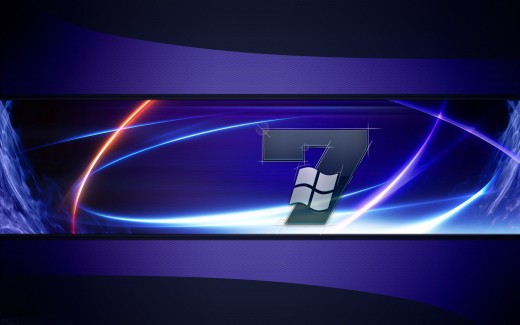
And that's all about the naming Windows 7 by Microsoft.
@Written by rancidTaste
More articles on Windows 7
- Big Index of Windows 7
- Move and back-up My Documents in Windows 7: Move and save all of your documents in Windows 7
- Hidden folder in Windows 7: How to create a hidden folder in Windows 7?
- System tray icon missing: How to fix system tray icons missing in Windows 7, Vista and XP?
- Windows 7 Disk Defragmenter: How to Use Windows 7 Disk Defragmenter to defragment your Hard Disk
- How to Change the Windows 7 Desktop Background: A Complete Guide to Change Windows 7 Desktop Background
- How to Enable or Disable Autorun for Removable Media or USB Flash Disk in Windows 7?
- Windows 7 HD Wallpapers: HD Wallpapers for Your Windows 7 Desktop and Laptop
- Download Free Windows 7 Themes, Gadgets and Wallpapers from Microsoft for Your Windows 7 Comptuer

